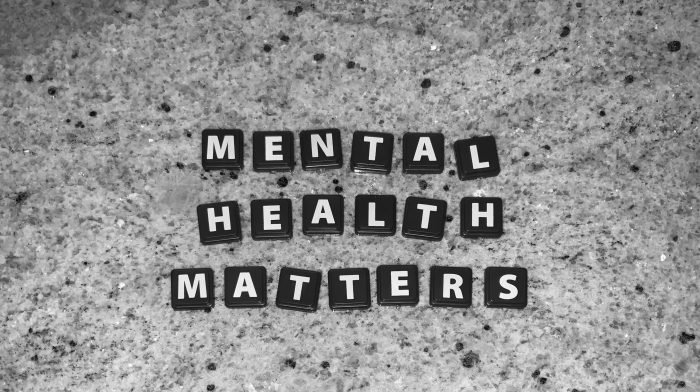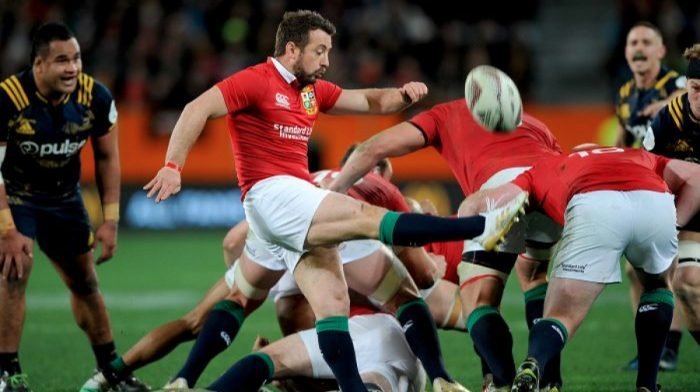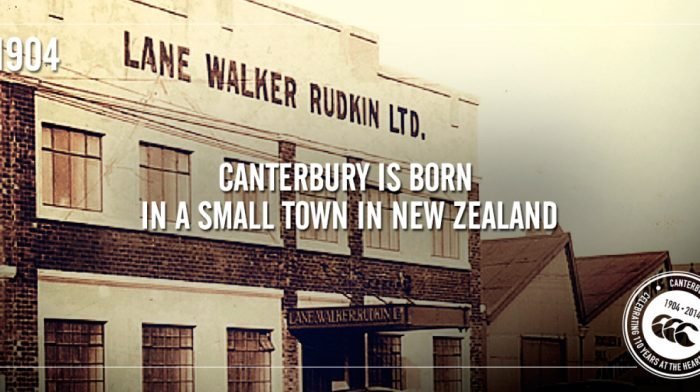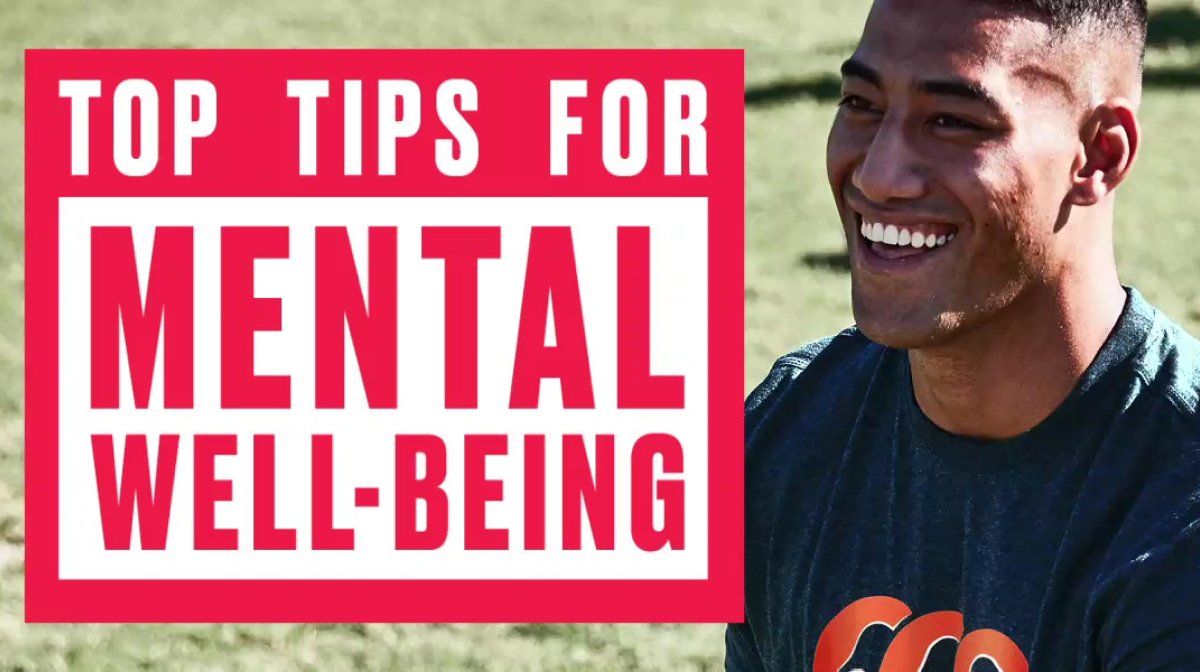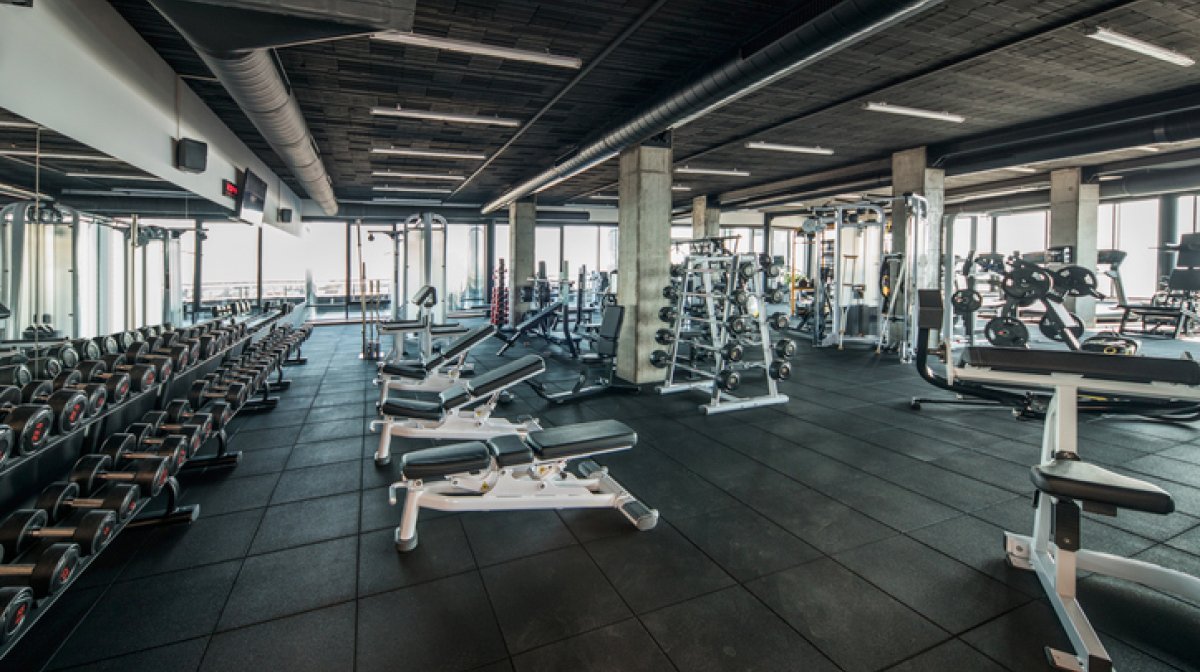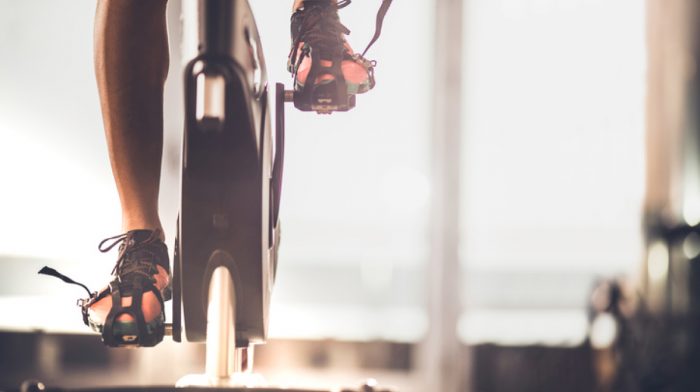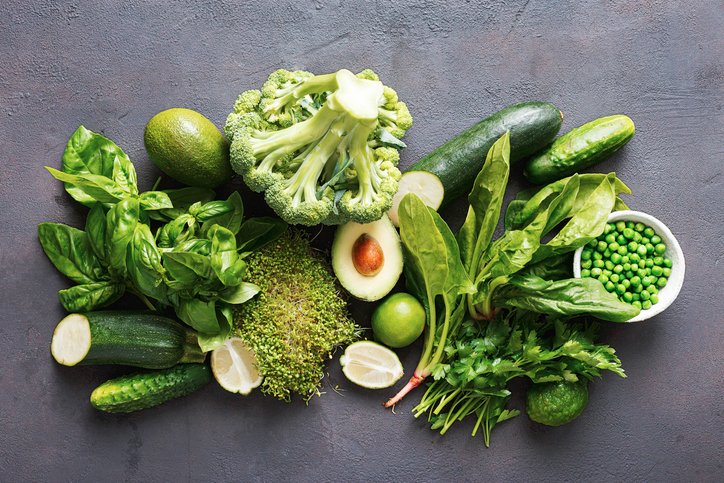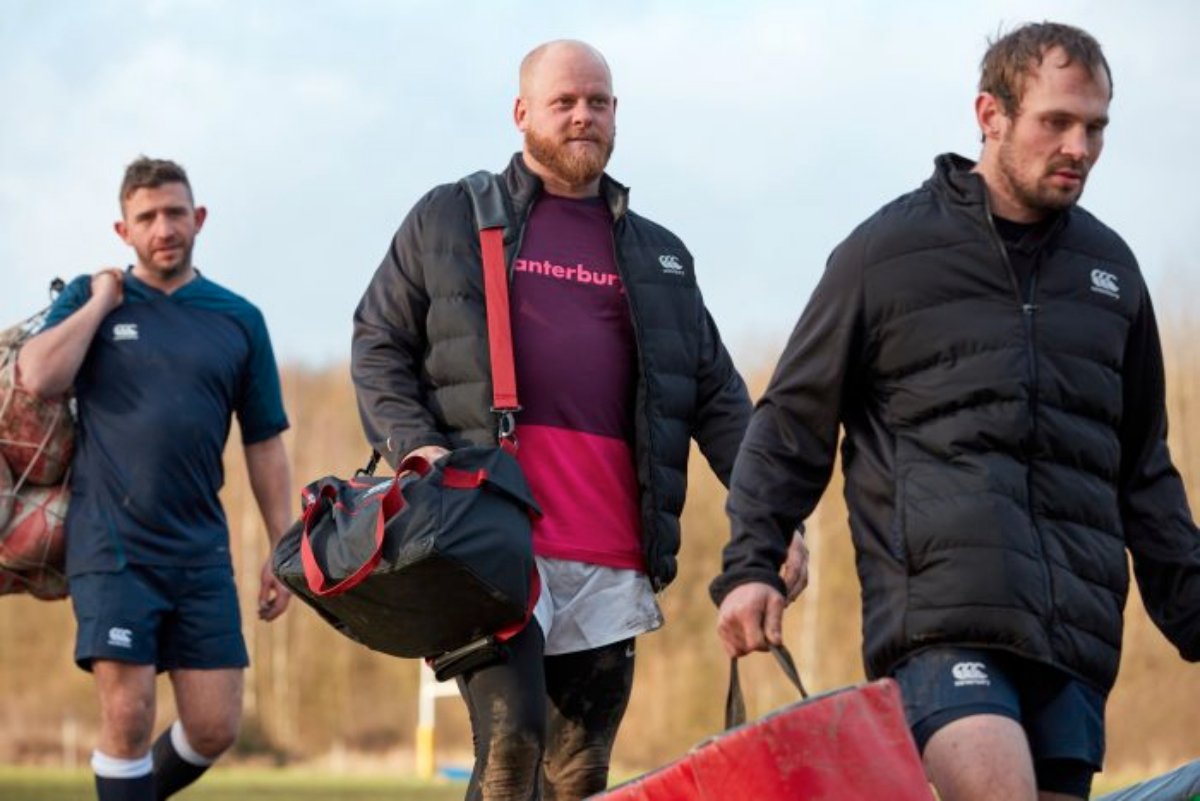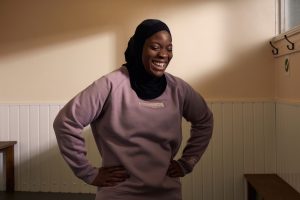
Looking left and right, Zee didn’t see a single person like her on the pitch, but as a Muslim, a woman, and a lover of rugby, she knew she deserved to be there. 12-hour NHS shifts, losing herself in motherhood, Earl Grey tea, Zee’s the sum of all her experiences. Her legacy as a mother and a player redefines the meaning of resilience.
For Mother’s Day, we caught up with Zee to talk about rugby, motherhood, and why it’s so important to be supporting mums in sports.
When did you first encounter rugby and what was it that appealed to you?
It was during PE when I was about 14, but rugby wasn’t in the curriculum. For girls it’s usually netball, tennis, or rounders — never rugby. But my teacher was a rugby fanatic. She brought some balls in and said, “right, girls, we’re playing rugby today” — I was the only one buzzing. I didn’t know what to do or how to play — I just knew that it involved contact and running into people. Later on, I learned more about the values, but initially, it was the physicality that appealed to me.
What barriers did you face when getting into the sport?
A lot of the barriers were in my mind. When I looked around, I didn’t see many Black or Muslim people, and being a woman in a male-dominated sport was like a triple-whammy. So the first barrier was figuring out whether I fit in.
Alcohol, at one point, was a barrier because it was such a big thing in rugby, and obviously, I don’t drink. Now, I’m so confident about who I am I can happily sit at the bar with my Earl Grey. When I look back, it all came down to that inner confidence to say, you know what, I don’t need to compromise my values to be part of the team.
And it’s not just the rugby. I have to do so much more to succeed how I want to. The barriers aren’t limited to childcare; it’s things like finding the resources to support my athletic ambition and having a solid support network. I’m doing things the opposite way society expects in that I’ve had my family, and now I want to be a professional athlete — there’s no manual. I’m figuring it out as I go!
So, your nickname is The Bulldozer. Can you tell us a little bit about that?
So in rugby, we have different calls, and “bulldozer” was a call for a number 8 pickup at the base of the scrum, running into the opposition’s 10 — I was number 8, so this was my call. But I took the name for myself because of what a bulldozer is. Being Black, Muslim, and a woman in a male-dominated sport, I was breaking down these barriers and smashing stereotypes simply by existing. And on top of that, I worked as a neonatal nurse in the NHS, playing rugby after working 12-hour shifts.
I’m also a mum! Nobody expects a mother of three to be playing rugby because where do you find the time, you know? But then a bulldozer does more than smash things down — it paves the way. And for me, especially with my Road to Red Roses, I want to pave the way for other people who can relate to me — the mums, the Black community, the Muslim community, or anyone that wants to pursue a dream.
You’re a mother, and not every mother fits into the same box. How does your motherhood influence how you approach your sport?
I compare motherhood to being a lioness. There’s an instinct to protect your cubs. It makes me more of a go-getter and more aggressive. My kids give me purpose, and they make me more focused on my rugby.
My kids are three, four, and six, so they all need me. Childcare is a huge one, and it’s something that I constantly battle with. Being able to attend training and being available for games — it all depends on whether I can get childcare. For a lot of the things that I do, I need to plan.
Traditionally, and wrongly, the expectation is often that mums give up sport after having kids. How can we steer the narrative to show that having children doesn’t mean giving up your passion?
It’s just evident. As a mother, first of all, you’re good at multitasking. You’re going to be caring, responsible, and reliable because you need all these things to be a good parent. Keeping mums in the sport means you’ll get the best out of them as athletes because of the nature of their roles as parents.
Also, women’s sport is rapidly growing. If I decided to stop playing rugby, my six-year-old girl probably wouldn’t have that introduction to rugby and wouldn’t take it up. So if you want to grow the sport, support those having children as well. It just makes sense.
You’ve experienced the metamorphosis of motherhood now three times. How did the relationship with your body change, and how did you approach your training? Was it a different experience each time?
There was never a doubt in my mind I wouldn’t go back to rugby afterwards. When I wasn’t playing rugby, it felt like part of me was missing. My first birth was quite traumatic, but throughout, I was asking doctors how soon I could get back to playing. Motherhood consumed me and I lost myself, not to mention caring for the other two. But rugby was that thing that would help me remember who I was. I’m The Bulldozer — there’s more to me than nappies.
What does being a rugby player mean to your children? When they look up to you, what lessons do you hope you can teach them with your experience?
I want them to know that they don’t have to fit into the box society puts them in. Yeah, I’m their mother, but I’m also a rugby player and a nurse. And they get it, because every time I get my coat, my six-year-old is like, “Mummy, are you going to play rugby?” and I say, “No, we’re out of milk”. She gets how much rugby means to me and always assumes I’m going to play.
Is there one word that could sum up who you are as both a player and as a mother?
Legacy. I’ve always said that I don’t want to be someone who comes into this world, dies, and that’s it. I want to leave something for others. My Road to Red Roses will become a legacy because I would be England’s first Muslim women’s player. And as a mother, I want to leave a legacy for my kids to be able to follow their dreams and believe in themselves.
Are there any stereotypical portrayals of mums in sports you’d like to smash?
If anything, the other mothers I know are much better, more empowered players. There’s a stereotype that once you have children, they should be your full focus, and you should forget about what you wanna do. And I’d love to smash that.
Love that. What would you like people to understand more about being a mum and an athlete that maybe the sporting world doesn’t talk about enough?
I’d want to see the mental side of it talked about more. The period after having children is when you need a lot of time and support to figure things out. We’re talking about mental health much more than before, which is great, but with motherhood, we need to have more of a conversation.
You’ve been playing rugby now for half your life. Has the ‘why’ changed at all? Do you get on the pitch and play for the same reason as you did when you first started?
I definitely play for the same reason, and that’s for the love of it. My passion is something I never want to lose sight of because once I lose sight of that, then it’s not fun anymore. I always think about teenage Zainab running onto the pitch just wanting to play rugby, regardless of whether she knew the rules. That’s a feeling I want to keep hold of.
I have this big goal to get on the England team, and people ask if I fear failure. The reason I don’t have a fear of failure is that I feel like I can’t fail. I’m already achieving what I wanted to when I put on my shirt. And that’s inspiring people and getting people to feel like they can believe in their dreams. I’m already doing that. I’m not even at the top, but I’m already winning.
–
Follow Zee’s Road to Red Roses on Instagram, and check out the Women’s Rugby documentary No Woman No Try (2022) on Prime.

